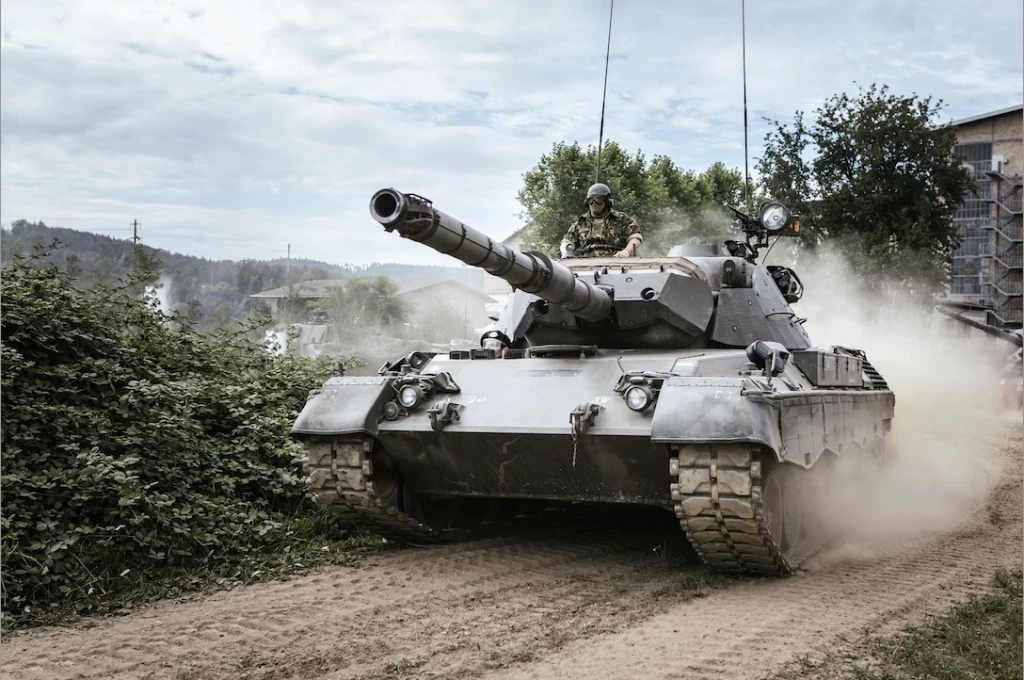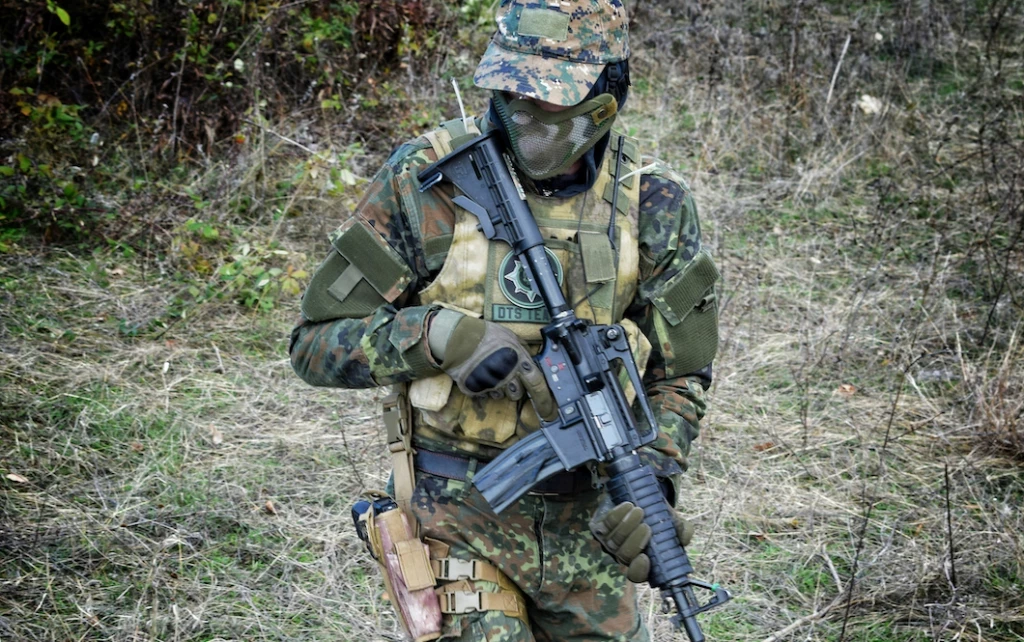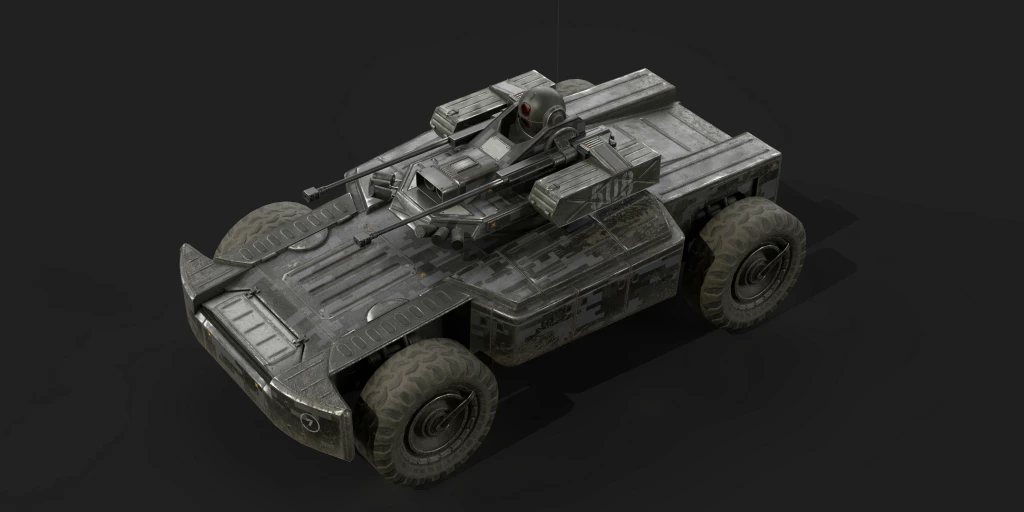Why Libya is about to descend into a new civil war
Add bookmarkOn 20 October 2011, an end to Libya’s misery appeared to be in sight. Gaddafi’s death fulfilled the mandate of NATO Operation Unified Protector and international forces left the country in the uncertain hands of the National Transitional Council (NTC). The power vacuum created by the regime change led to severe political instability and, as of now, there are two de facto opposing governments ruling the country.
The 2014 elections, held to substitute the General National Congress (GNC) with a new Council of Deputies, saw secularists and liberals emerge as winners. The Islamist lawmakers of the GNC refused to recognise the newly elected government and, with their armed forces occupying Tripoli, declared their mandate still valid. The Council of Deputies was forced to flee to Tobruk, leaving the country split.
The future of Libya now lies in the city that was the stage for both the rise and fall of Gaddafi, the battlefield where Daesh has been gaining a foothold, and the epicentre that could finally lead the country to unity or see it fall into a new civil war: Sirte.
The two opposing governments have joined forces to topple the Daesh stronghold and this success could pave the way for a diplomatic agreement and a possible reunification. However, the prominent role that the Misuratan militias have had in the war against these Islamist militants could give them enough leverage to sit at the discussion table with the UN-recognised Tobruk government, with prospects for territorial requests and international legitimacy.
Cinzia Bianco, analyst for Gulf State Analytics, commented that ‘Operation Al-Bunyan Al-Marsoos’ on Sirte has been conducted by Misuratan militias, while the Libyan National Army – under the command of Khalifa Haftar – has intervened exclusively in the eastern areas of the country, mostly against Al Qa'ida affiliates, rather than Daesh fighters. Yet the two operations do not have the same political weight in the international arena. The campaign against Daesh has been conducted under the aegis of the UN-initiated Government of National Accord (GNA), and Daesh, Bianco says, is "an excellent enemy”. Therefore, the Tripoli-based forces are in the position to claim back a bigger political capital which, inevitably, will prolong the antagonism of the other camp.”
The people of Misurata, claims Mr. Abu Zeid, a captain in the military police of the Tobruk government, “see themselves as heroes, and us as unable to confront the problem of Islamic State and therefore responsible [for the rise of extremist violence].”
The overreliance on their military effort as a bargaining chip could lead the Tripoli government to advance demands that will be impossible to meet. The Tobruk government may not be able to comply with any legitimate claim as this could ‘officialise’ the presence of two separate powers in the country. Any diplomatic talks would then likely end in an impasse. Subsequent frustration could convince the parties involved to turn instead to violence to achieve their goal.
Matthew Hedges, advisor for Gulf State Analytics, commented that “fundamentally, the recent events in Sirte don't change anything, but may in fact, exacerbate tensions further. It should be noted that while the assault on Sirte was aided by Western states, British, French, and other international allies continue to directly enhance the capabilities of General Haftar. The internal political dimension remains as fractured as ever. No side can control the land won back from Islamists, they are not strong enough, and without substantial political activity none will be strong enough to do so.”
The victories over Daesh, while much praised by the media, may in reality sign the end of the fragile peace in Libya. The political struggle for control over Sirte could quickly trigger a domino effect in a country already in the verge of a civil war.
The international community will at least pressure for peace, knowing that there is more to gain in Libya from stability than from war. A peace agreement would be widely beneficial as embargos on military equipment could be lifted. Oil production – which dropped by 75 percent since 2010 – could begin its climb back, and Europe could have a stronger ally to deal with the migration crisis. Until then, the 2011 wound remains open at a time when the Syrian conflict continues to polarize international forces.
But, while attempts for peace will be made, a new war waits in the wings.
As James Schear, former Deputy Assistant Secretary of Defense for Peacekeeping and Humanitarian Affairs (U.S.), points out: “War is often safer because it has a familiar pattern; it imposes order, stifles dissent. Peace, on the other hand, is a leap into the unknown, It involves bargaining concessions, contingent exchanges of promises that can come undone.”






















